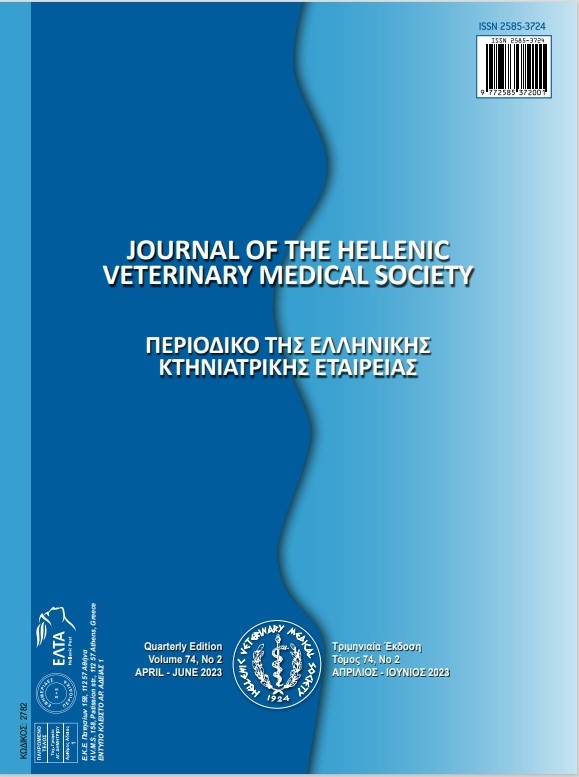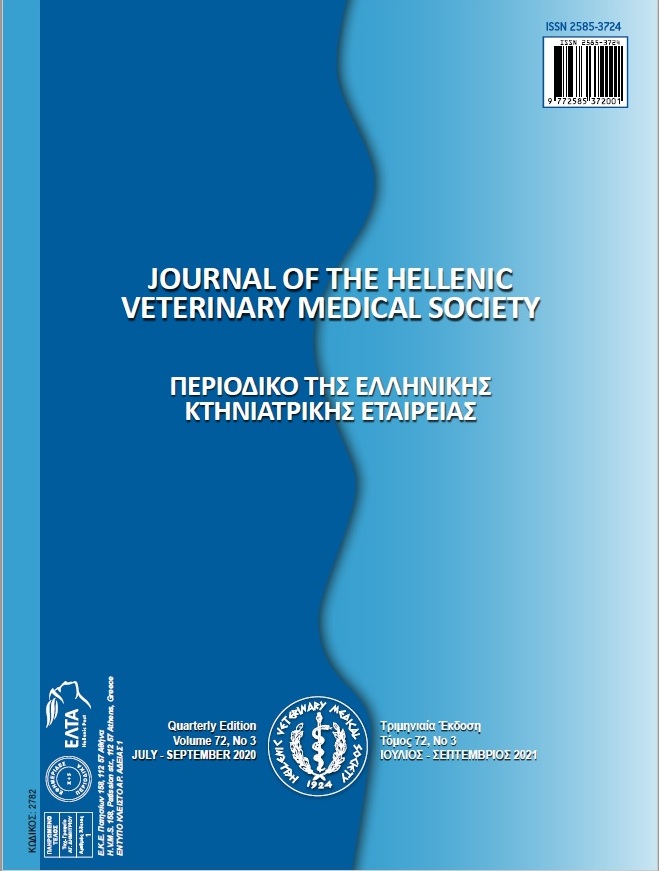Reactivity of TNF-α, NF-κB, and TGF-β in Liver Tissue of Rats Due to the Sand Mussel Consumption

Resumen
Toxic substances such as heavy metals have been reported to accumulate by aquatic organisms. In this study, it was aimed to investigate the histopathological changes that may occur in the liver parenchyma, the largest gland of the digestive system, by feeding the rats with sand mussel. The samples were analyzed for cadmium (Cd), lead (Pb), copper (Cu), and zinc (Zn) by ICP-OES). The liver tissue samples were stained with Hematoxylin-Eosin (H&E), and immuohitochemically staining inflamatory marker TNF-α, NF-κB, and fibrotic factor TGF-β. Heavy metal accumulation in sand mussel tissue suggests that it may triggers the toxicity in tissues with the consumption frequently that the hepatotoxic effect was quite severe especially in rats fed with sand mussel. Also immunoreactivity of TNF-α, TGF-β and NF-κB were observed in the liver cells of especially second group. As a result, aquatic ecosystem can be affected with environmental pollution. It has been shown that marine based food obtained from polluted areas can trigger the hepatotoxicity.
Article Details
- Cómo citar
-
Öztürk, Ş, & İrkin, L. (2023). Reactivity of TNF-α, NF-κB, and TGF-β in Liver Tissue of Rats Due to the Sand Mussel Consumption. Journal of the Hellenic Veterinary Medical Society, 74(2), 5731–5738. https://doi.org/10.12681/jhvms.30199 (Original work published 5 de julio de 2023)
- Número
- Vol. 74 Núm. 2 (2023)
- Sección
- Research Articles

Esta obra está bajo una licencia internacional Creative Commons Atribución-NoComercial 4.0.
Authors who publish with this journal agree to the following terms:
· Authors retain copyright and grant the journal right of first publication with the work simultaneously licensed under a Creative Commons Attribution Non-Commercial License that allows others to share the work with an acknowledgement of the work's authorship and initial publication in this journal.
· Authors are able to enter into separate, additional contractual arrangements for the non-exclusive distribution of the journal's published version of the work (e.g. post it to an institutional repository or publish it in a book), with an acknowledgement of its initial publication in this journal.
· Authors are permitted and encouraged to post their work online (preferably in institutional repositories or on their website) prior to and during the submission process, as it can lead to productive exchanges, as well as earlier and greater citation of published work.



